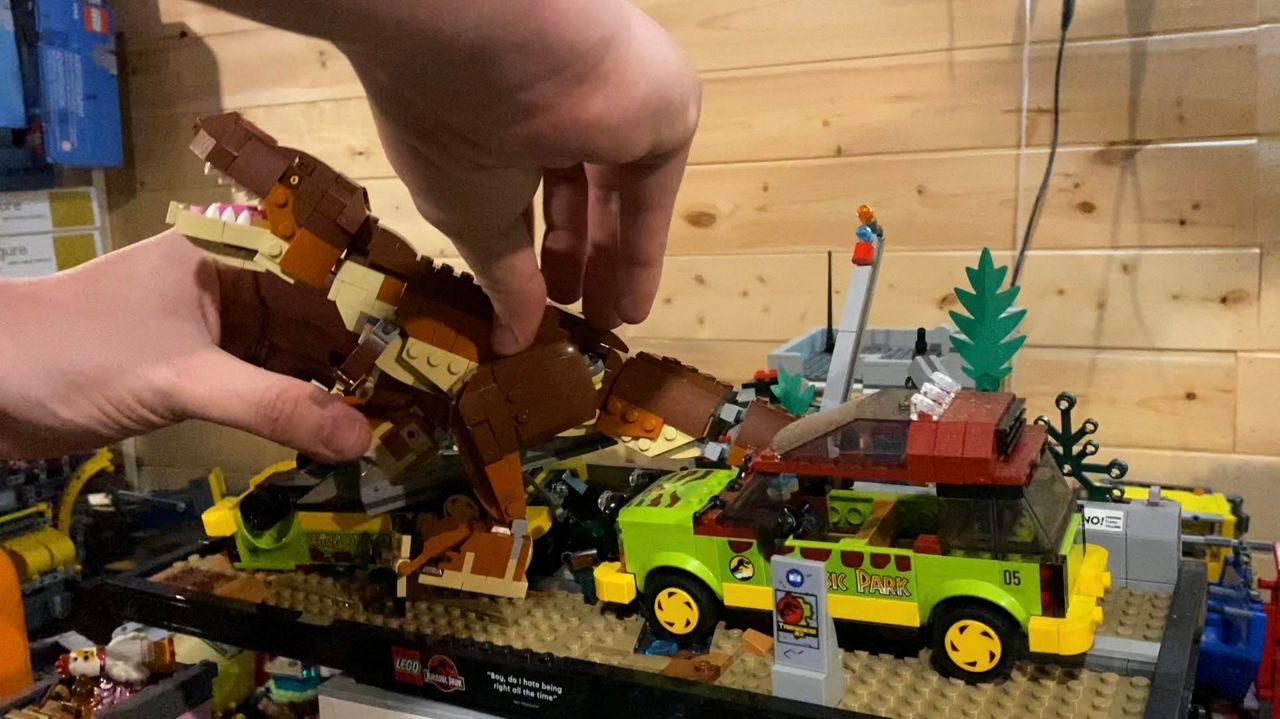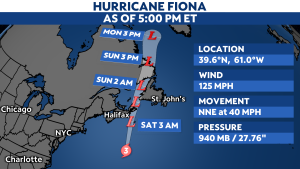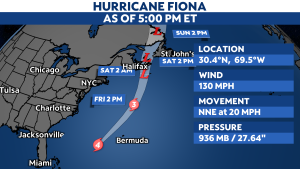The Republican-led House Foreign Affairs Committee held its first hearing Wednesday on the 2021 U.S. withdrawal from the war in Afghanistan, calling the exit “disastrous.”
What You Need To Know
- The Republican-led House Foreign Affairs Committee held its first hearing Wednesday on the 2021 U.S. withdrawal from the war in Afghanistan, calling the exit “disastrous”
- While much of the GOP lawmakers’ outrage was directed at the Biden administration, Democrats on the committee commended President Joe Biden for ending the 20-year-long war and blamed mistakes made under multiple presidents for the messy pullout
- On Aug. 26, 2001, a suicide bombing outside Hamid Karzai International Airport in Kabul killed 13 U.S. service members and 170 Afghan civilians
- The witnesses who testified at the hearing included veterans of the war and representatives from organizations working to extract people from Afghanistan
While much of the GOP lawmakers’ outrage was directed at the Biden administration, Democrats on the committee commended President Joe Biden for ending the 20-year-long war and blamed mistakes made under multiple presidents for the messy pullout.
In August 2021, the U.S. scrambled to evacuate military personnel, citizens and Afghan allies after the Afghan government fell to the Taliban. On Aug. 26, a suicide bombing outside Hamid Karzai International Airport in Kabul killed 13 U.S. service members and 170 Afghan civilians.
“What happened in Afghanistan was a systemic breakdown of the federal government at every level and a stunning failure of leadership by the Biden administration,” Rep. Mike McCaul, R-Texas, chairman of the House Foreign Relations Committee, said during the panel’s hearing.
Republicans blasted Biden and military leaders for planning poorly and for failing to evacuate more than 1,000 American citizens and nearly 200,000 Afghan partners and allies, including translators who assisted troops during the war.
Rep. Scott Perry, R-Pa., called it “the biggest foreign policy failure since we left Vietnam.”
The witnesses who testified at the hearing included veterans of the war and representatives from organizations working to extract people from Afghanistan.
In emotional testimony, Marine Sgt. Tyler Vargas-Andrews, a sniper, described being on the lookout from his tower on Aug. 26 for a possible suicide bombed, based on an intelligence reported. He said he spotted a man who fit description “exactly” and asked his battalion commander for permission to fire on him, but the commander said he did not have the authority to give him permission. While they were awaiting an answer, the man disappeared from sight.
“To this day we believe he was the suicide bomber,” Vargas-Andrews said. “We made everyone on the ground aware. Operations had briefly halted but then started again. Plain and simple, we were ignored.”
The bombing happened later in the day when Vargas-Andrews was on the ground.
“A flash and a massive wave of pressure,” he described, crying. “I’m thrown 12 feet onto the ground but instantly knew what had happened. I opened my eyes to Marines dead or unconscious lying around me.”
Vargas-Andrew lost an arm, leg and kidney due to the blast and has undergone 44 surgeries.
“The withdrawal was a catastrophe, in my opinion,” he said. “And there was an inexcusable lack of accountability and negligence. The 11 Marines, one sailor and one soldier that were murdered that day have not been answered for.”
Former Army medic Aidan Gunderson, who was near the explosion and treated people afterward, recounted a Marine in blood-soaked pants squeezing his hand and yelling, ‘I don’t want to die.’”
“I reassured him that he would be fine, but as I carried him inside [a hospital], I did not know if he would survive,” Gunderson testified.
“I think about the 13 Americans killed at Abbey Gate,” he added. “Their deaths should not have happened. They should be alive today, and I, like many others, should not be forced to carry this burden for the rest of our lives.”
Retired Army Lt. Col. David Scott Mann, who founded the volunteer group Task Force Pineapple to evacuate American citizens, Afghan allies and their families from Afghanistan, called the events surrounding the withdrawal “a moral injury on our military community.”
“The only way to move from moral injury to moral recovery is for leaders to step forward first and foremost and take responsibility for what happened,” he said. “ … Yes, it starts with the commander in chief, but it needs to go all the way down to our retired admirals and generals and sergeants major, all of them.”
While U.S. forces evacuated more than 120,000 people in the war’s final days, Rep. Joe Wilson, R-S.C., called it a “betrayal” that so many were left behind.
Added Mann: “America is building a nasty reputation for multigenerational systemic abandonment of our allies.”
Peter Lucier, a Marine veteran who served in Afghanistan and works with the group Team America Relief to evacuate eligible people from Afghanistan, told lawmakers, “It’s not too late” to help those who remain stranded.
“Urgent action right now will save so many lives,” he said.
Rep. Christopher Smith, R-N.J., questioned why Biden has not said in public speeches that “those left behind, both the Americans and our allies, you’re not forgotten.”
Democrats conceded the U.S. exit from Afghanistan had problems, but they argued it was unfair to blame Biden.
“The evacuation did not happen in a vacuum,” said Rep. Greg Meeks of New York, the committee’s top Democrat. “A combination of policy decisions informed and influenced the events of August 2021 and continue to shape how we navigate ongoing relocation and diplomatic efforts today.”
Meeks criticized the Trump administration for holding direct negotiations surrounding the U.S. withdrawal with the Taliban, excluding the Afghan government at the time, and for pausing the processing of Special Immigrant Visas, creating a backlog that prevented some Afghan allies from leaving the country.
Rep. Gerald Connolly, D-Va., said there were persistent mistakes during the conflict that led up to the chaotic withdrawal. He blamed former President George W. Bush for going to war with Iraq in 2003, distracting the U.S. from Afghanistan, and Trump for setting a withdrawal date before he left office that Biden had to meet.
“It had a history,” Connolly said. “There was a context, and there were previous decisions made that led to that tragedy.”
Perry, however, responded to Connolly’s comments by saying: “The commander in chief knew this was coming, had … over six months to deal with this and ignored everything he was being told. And what’s the cost of that? Thirteen U.S. service members murdered.”
Biden has called the Afghanistan withdrawal an “extraordinary success.”
“I was not going to extend this forever war, and I was not extending a forever exit,” he said on Aug. 31, 2021. “The decision to end the military lift operations at Kabul airport was based on unanimous recommendation of my civilian and military advisers.”
McCaul, however, said Wednesday there were stark differences in the assessments the committee received in briefings leading up to the retreat.
The Defense Department and intelligence community “were very grim in their assessment, while the State Department, mimicking the White House, consistently painted a rosy picture, ignoring the realities on the ground,” he said.
McCaul said he planned to hold a future hearing in which Defense Secretary Lloyd Austin, Secretary of State Antony Blinken and Joint Chiefs Chairman Mark Milley would testify. The House Oversight Committee also is investigating the withdrawal.




